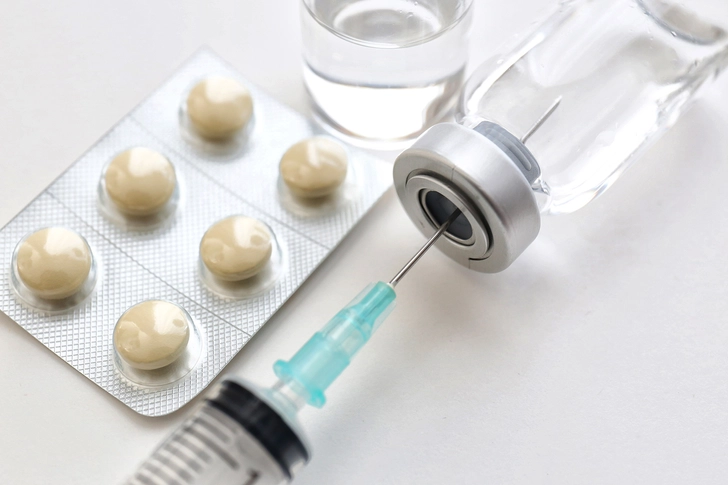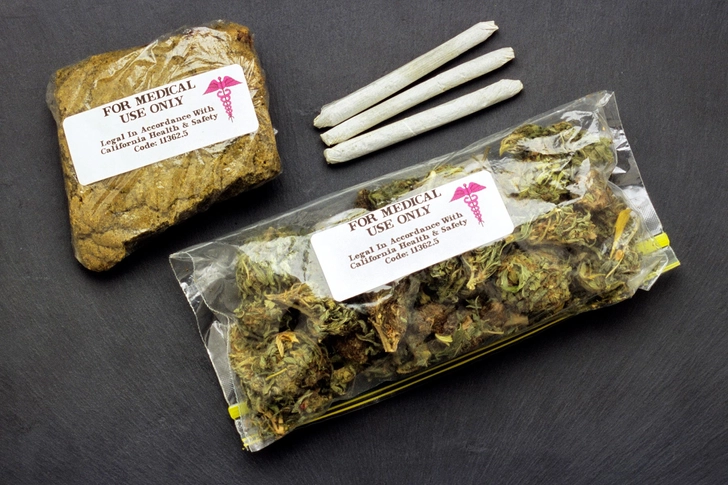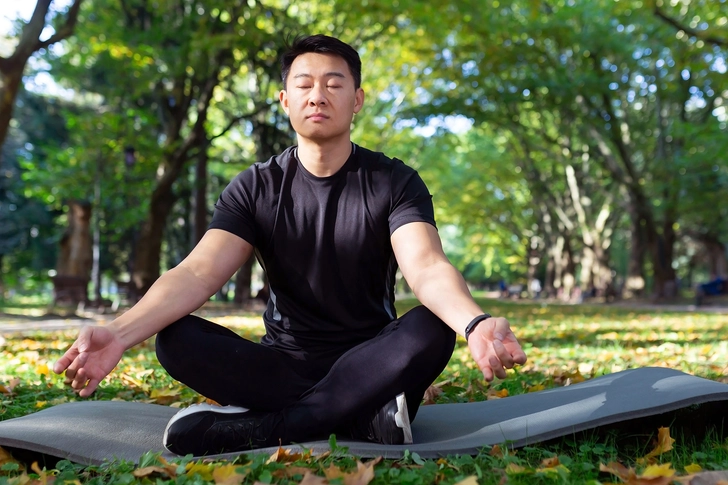Managing Ulcerative Colitis Pain



Search Out the Source
In order to best treat your pain, you and your doctor need to understand the cause. Inflammation alone creates pain. But people with UC can also have other painful problems, such as fistulas, fissures, adhesions, spasms, or blockages in their intestinal tract. Some pain may come from outside the GI tract, too. Tell your doctor about your symptoms and be as specific as possible.

OTC Options
You may be able to curb your discomfort with a simple over-the-counter pain reliever, such as acetaminophen (Tylenol). But avoid nonsteroidal anti-inflammatory drugs. These include ibuprofen and aspirin, which can damage the GI tract and cause IBD-like symptoms.

Ask About Antidepressants
Yes, medication for depression may help relieve UC pain. The chemicals that these drugs target in the brain also live in the gut. For some people with UC, medications such as selective serotonin reuptake inhibitors (SSRIs), serotonin noradrenaline reuptake inhibitors (SNRIs), and tricyclic antidepressants make the nerves in the gut less sensitive and dial down the pain.

Food Changes
Although there’s no UC-specific diet that will help you avoid symptoms completely, there are likely certain foods that trigger a response in your body. Keep a food diary to see how certain choices make you feel. Cut out fare that tends to cause a flare. You can also try eating smaller meals more frequently instead of larger ones.

Antispasmodics
These fast-acting drugs stop spasms in your abdomen that can happen because of inflammation, partial bowel obstructions, or excess amounts of gas.

Anti-inflammatory Medications
Your doctor may prescribe a corticosteroid to tame an active flare. These anti-inflammatory drugs don’t target UC inflammation specifically, but instead dampen your whole immune system. They can have serious side effects long-term, so you’ll likely take them for only a short time.

Exercise
Regular, moderate, low-impact exercise such as brisk walking, bicycling, or swimming not only boosts your mood and overall health, it can also lessen the impact of your UC outside your intestinal tract and lower your risk of complications.

Medical Marijuana
Small studies have shown that medical cannabis improves IBD pain and other symptoms. But studies are ongoing to see if it cuts the inflammation that causes the pain. Medical marijuana comes in many different forms, including tinctures, topicals, and edibles. The time it takes to feel the effects varies by form. Of course, some people smoke marijuana, but any kind of smoking at all is bad for your health and hurts your lungs.

Hypnotherapy
A trained hypnotherapist can walk you through guided exercises to lead you into a state of hypnosis. For some people with IBD, this helps relieve abdominal pain.

Mind-Body Therapy
Practices that lower stress and involve centering, mindfulness, and focus on breathing have a positive effect on anxiety, depression, and overall well-being. You can try meditation, yoga, tai chi, or deep breathing exercises.
IMAGES PROVIDED BY:
- iStock / Getty Images Plus / Getty Images
- Moment / Getty Images
- iStock / Getty Images Plus / Getty Images
- iStock / Getty Images Plus / Getty Images
- iStock / Getty Images Plus / Getty Images
- iStock / Getty Images Plus / Getty Images
- Image Source / Getty Images
- GEORGE POST / Science Source
- BSIP / ABK / Medical Images
- iStock / Getty Images Plus / Getty Images
SOURCES:
Crohn’s and Colitis Canada: “Understanding Pain To Manage It,” “Sources Of Pain In IBD.”
Crohn’s and Colitis Foundation: “Pain Management for IBD Patients,” “IBD patients can benefit from moderate, low-impact exercise.”